SUMMARY
This is AI generated summarization, which may have errors. For context, always refer to the full article.
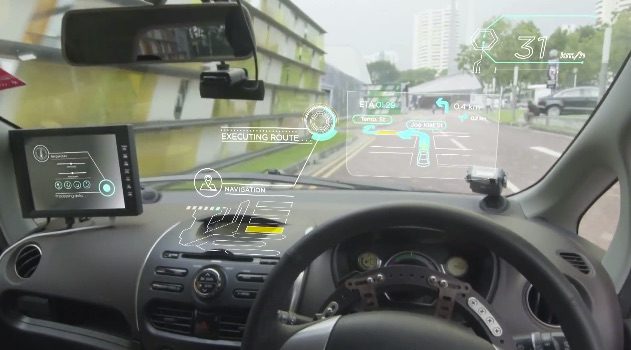
SINGAPORE – Imagine taking an app-powered driverless car to your destination. How about consulting your doctor via telemedicine in the comforts of your own home? On the rush? Use an app that tells you how long it takes to wait for a cab in the taxi stand. You can also take the MRT and surf the Internet with broadband access.
In Singapore, this is not just the future. It is a quality of life that the city-state is beginning to make a reality with its vision of becoming the world’s first Smart Nation. A country where pragmatism is a catchphrase, the Southeast Asian nation uses technology to chart the next 50 years after its rise from a third-world port to a first-world city in a generation.
Despite its success story, the metropolis grapples with problems cities face like congestion, an aging population, and infrastructure that is starting to show the signs of strain. Singapore’s response is to use data and cutting-edge technology to find urban solutions, and to improve public services for its 5.5 million residents.
The world’s best place to do business with one of the highest smartphone penetrations, Singapore has the potential to be the next Silicon Valley. Still, it has other objectives in mind.
“Our goal is, ‘there are some things I can do better than Silicon Valley,’” Dr Vivian Balakrishnan, minister-in-charge of the Smart Nation Programme Office, told Rappler. (Read and watch the full interview here.)
“You can invent an autonomous vehicle in Silicon Valley, but when it comes to deploying it – having an entire national system of maps, sensors, coordination, being able to prototype and test it in real life in a busy metropolis – I think we can do that faster, perhaps even better.” (READ: A ‘collaboratory’ for urban solutions)
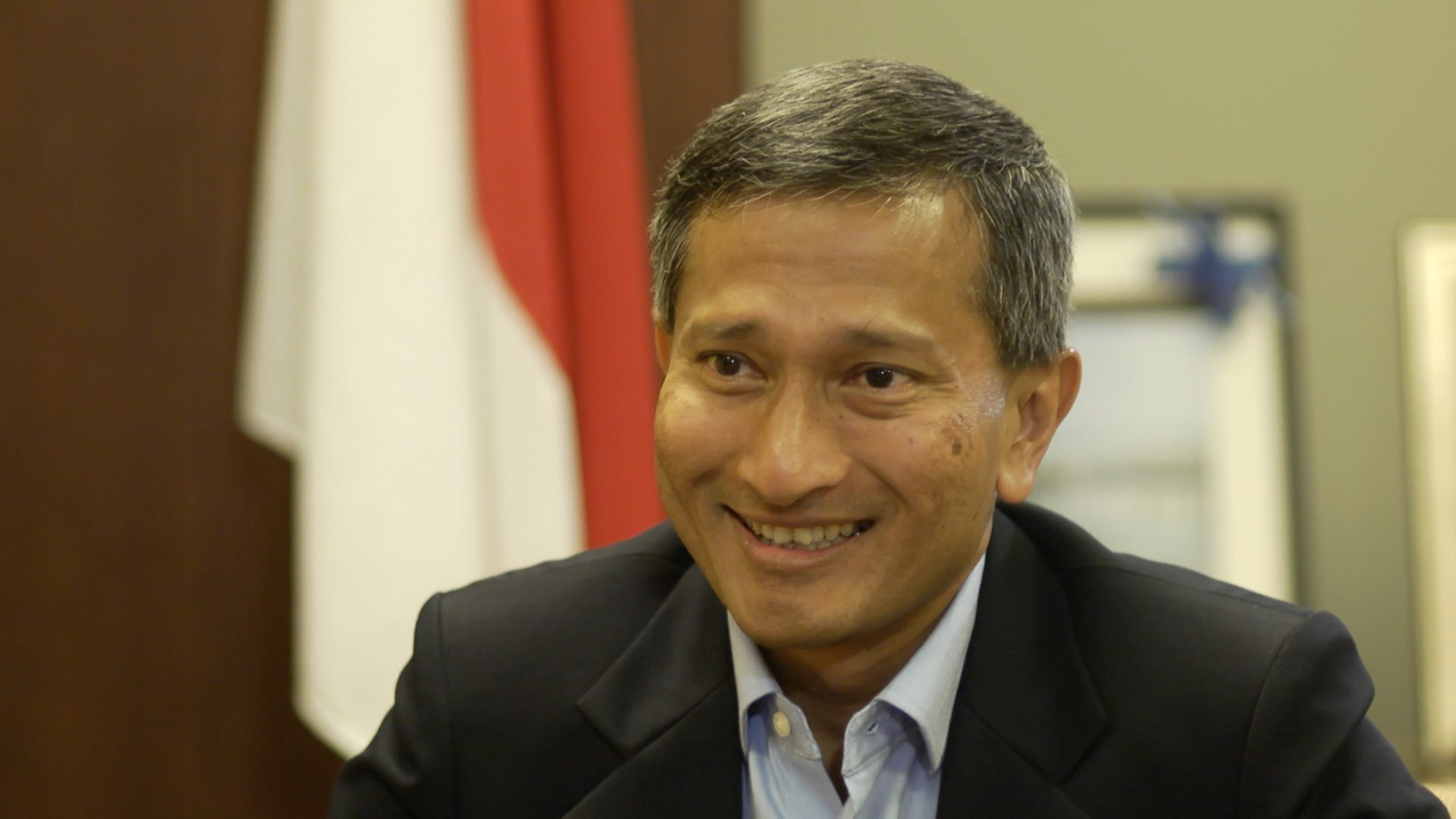
The building blocks
The idea behind Smart Nation is to provide seamless Internet connectivity, and a system to collect and analyze data to improve city life. Using sensors, government agencies get to monitor everything from traffic to flooding. Target applications range from using an iPhone to check on grandparents left at home to having an app that beeps to alert you on your bus stop.
The goals are ambitious for a program launched just in November 2014. Yet Singapore, jokingly referred to as the world’s best-run company, already has many of the nuts and bolts.
Nearly every home has fiber broadband service, with offices and factories next on the checklist. The island-nation leads the region with the fastest Internet connections. Its schools also top global rankings in math and science standards. (READ: FAST FACTS: Singapore world records)
An ophthalmologist, Balakrishnan is part of a Cabinet where half of the members are engineers. Like mathematician-turned-Prime Minister Lee Hsien Loong, he codes “just to keep as an intellectual challenge.”
“We understand this technology. We are not afraid of it. We understand both the challenges and the problems, and we’re looking for opportunities to capitalize on the opportunities, and minimize the downside. We want to become a Smart Nation because we can,” Balakrishnan said.
‘That’s the Singapore way. We have to invent our future. We are too small to change global trends but we can ride those trends and make ourselves relevant.’
– Dr Vivian Balakrishnan, minister-in-charge of Smart Nation initiative
Also the minister for the environment and water resources, Balakrishnan was tapped to head the program under the Prime Minister’s office. It shows how strategic Singapore’s leadership views the initiative it calls a “whole-of-nation journey.”
While the late founding father Lee Kuan Yew led Singapore’s transformation from a swampland to a modern city and a metropolis, making a Smart Nation is his son’s next step. Prime Minister Lee believes smart technologies will pull the Asian hub ahead of premiere cities like London, New York, and Shanghai.
Balakrishnan said Singapore realizes that solving urban problems will give it an edge, with more than half of human beings living in cities for the first time in history.
“That’s the Singapore way. We have to invent our future. We are too small to change global trends but we can ride those trends and make ourselves relevant.”
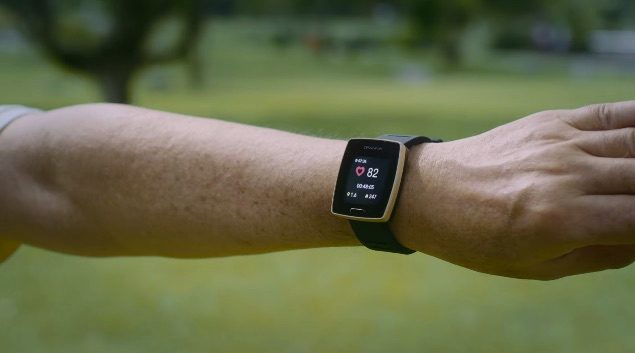
People and daily life, not just tech
With fitness trackers, wearables and smartwatches all the rage, Smart Nation aims to harness the Internet of Things, big data and other platform technologies. Balakrishnan is fond of saying that the program is not about gadgets but people. Demand drives technology, not vice versa.
The initial prototypes illustrate the priorities: smart home technologies in households with senior citizens this month, autonomous vehicles in September or October, and by early next year, applications for the home like rehabilitation and tele-consultations. (BLOG: Research in the Little Red Dot)
The focus on health care is a response to Singapore’s demographics. The aging population is a key challenge, with the number of those over 65 expected to triple in the next 20 years.
Public transport is also a concern. In early July, commuters suffered the worst disruption of the Mass Rapid Transport (MRT) lines which lasted for about 3 hours.
When Smart Nation is fully in place, Balakrishnan said daily routines will be much different.
“You wake up. Your health parameters are measured. If you need medicines, that is prescribed and recorded. You make the commute to work. That is as short and as pleasant as possible. At work, you have the latest technology. You remain in touch with your family. At the end of the day’s work, there are many options for wholesome recreation and family time using technology,” he said.
“Technology will change many things, but I believe human needs don’t change. We need to meet those human needs better using technology.”
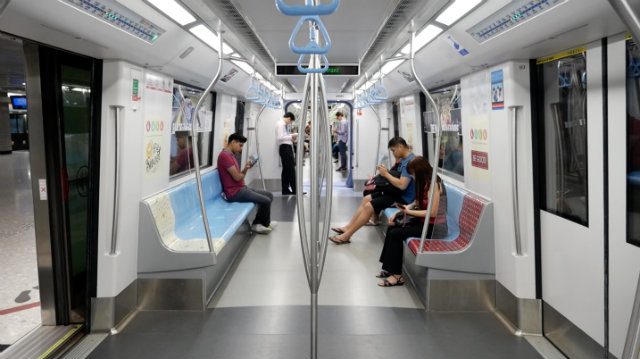
Ideas, business welcome
To achieve this vision, the city-state is investing even more in infrastructure, open data, and education.
Computational thinking and simple coding will be part of basic literacy for students under the SkillsFuture program. For working Singaporeans, the program will equip them with new skills they can use for their jobs.
The Singaporean government works with the private sector, and is even open to ideas from overseas. Its National Research Foundation offers funding for viable urban solutions. (READ: Little city, big science)
‘We will make it an attractive place for you to test your idea. If it works in Singapore, maybe it might work for cities elsewhere, in Manila, Beijing, Africa.’
– Dr Vivian Balakrishnan, minister-in-charge of Smart Nation initiative
Balakrishnan said entrepreneurs and innovators can pitch. “We will make it an attractive place for you to test your idea, to prototype. If it works, we will upscale it and if it works in Singapore, maybe it might work for cities elsewhere. Maybe it might work in Manila, Beijing, Africa.”
Singapore has been encouraging its start-up scene with a conducive ecosystem, including funding and Asia’s famous innovation district Block 71. Here lies a difference between the small state and other governments in the region. (READ: Start-up ecosystem: 4 cues PH can take from Singapore)
“We use Public-Private Partnerships not because we are short on cash. We use PPPs because we want to ride on private sector ingenuity and fiscal discipline to get the most cost-effective, innovative, fit-for-purpose solution,” said the Smart Nation head.
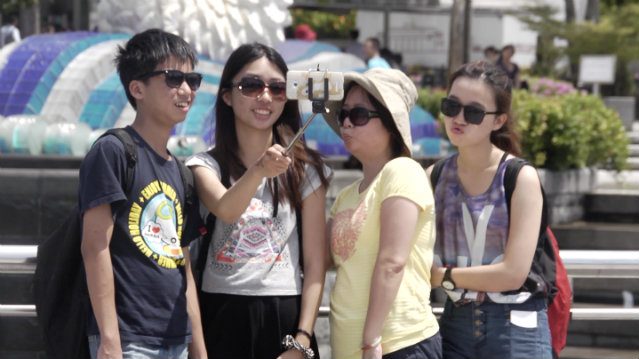
‘Political will is the hard part’
While the government fully backs the initiative, some citizens are wary about how their data is used.
Privacy and security are some of the concerns critics raised so far about a big brother-type of program tracking people’s commuting patterns and daily habits. Singapore’s public sector is excluded from the Personal Data Protection Act.
Last year, Singapore also saw a breach of 1,500 SingPass accounts, which residents use to access government e-services.
Officials are aware of the issues, promising to anonymize data and evaluate policies. They are convinced though that the benefit of smart technologies far outweigh the risks, with Singapore again anticipating the future of cities.
While some say Singapore’s Smart Nation is unique due to the city-state’s political and business climate, Balakrishnan said other countries can replicate the model.
“You need political will, organization, transparency, education, the rule of law. The rest of it, the technology, the hardware part, that can be bought. That’s easy. But political will, organization, it’s actually the human dimensions which are more challenging.”
In tech-savvy Singapore or elsewhere, there’s no app for that. – Rappler.com
This week, Rappler puts the spotlight on Singapore as the city-state celebrates its 50th anniversary on August 9. We take a look at the forces that shaped it, and what lies ahead. Here are stories part of the series:
#SG50: Rappler Talk: Singapore after LKY – legacy, leadership, and change
#SG50: Crowdsourced list: Filipino trailblazers you should know
#SG50: Foreign workers less welcome in Singapore?
#SG50: Singapore’s vision of a Smart Nation
#SG50: ‘Philippines can succeed like Singapore’
#SG50: The MRT in Singapore and Manila
#SG50: How planning made Singapore a Garden City
#SG50: Around Singapore in 16 dishes
Add a comment
How does this make you feel?
There are no comments yet. Add your comment to start the conversation.